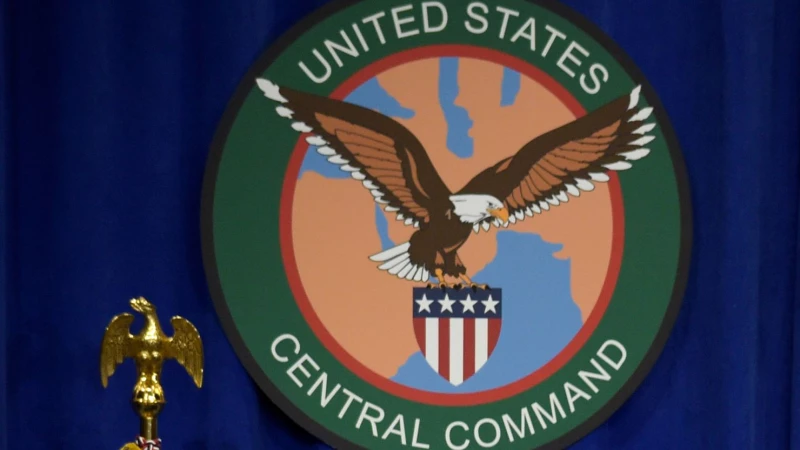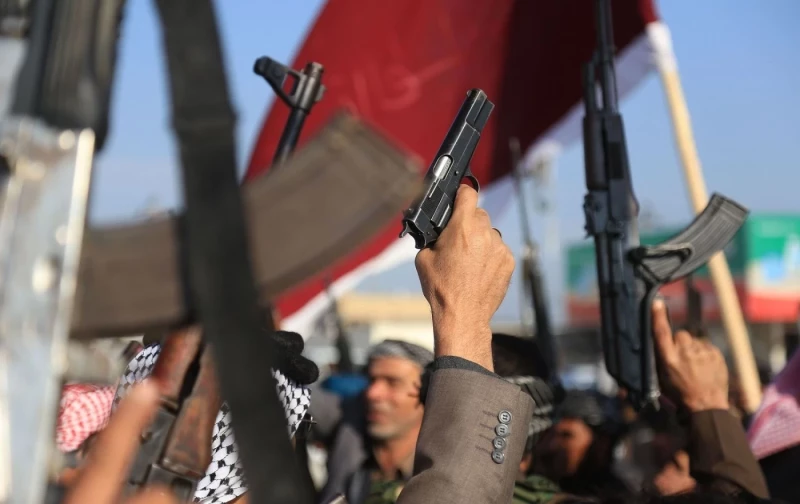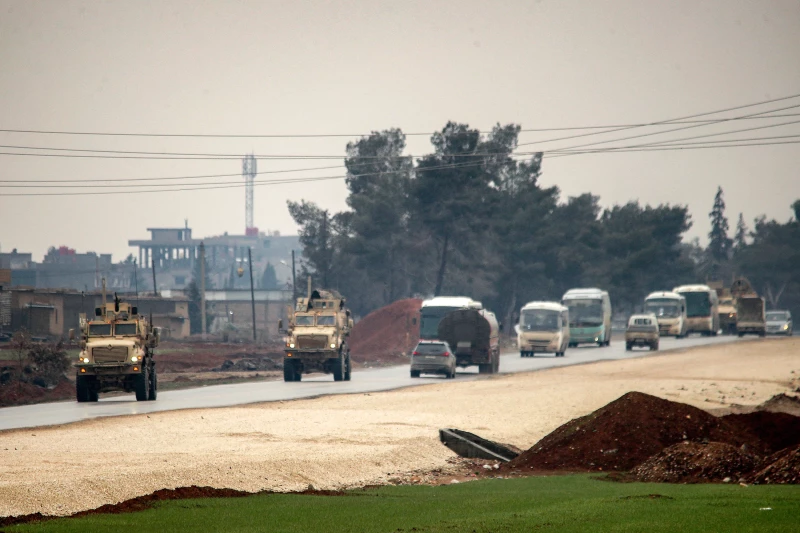ERBIL, Kurdistan Region of Iraq - Iraq’s Popular Mobilization Forces (PMF) are facing a complicated and uncertain future. With US opposition to a new draft law and renewed calls to bring armed factions under effective state control, analysts say the country is heading toward one of two main scenarios: fully merging the PMF into the national security forces, or transforming it into a National Guard-style force under state control.
Many in Iraq reject the idea of dissolving the PMF entirely. However, discussions about its future are intensifying, especially as pressure from Washington grows and internal political divisions become more visible.
Religious leaders in Najaf, including Grand Ayatollah Ali al-Sistani, are reportedly pushing to make “arms under the state” a key issue in the upcoming elections. Moqtada al-Sadr, a powerful Shiite cleric and rival to Iran-aligned groups, is also backing reform, seeking to ensure that security appendages in the country are under the control of the Iraqi state. On the other side, armed factions inside the PMF are trying to fast-track the legislation to make the PMF a permanent, independent institution.
Debate grows in parliament
On July 16, Iraq’s parliament completed its discussion of the PMF draft law after adding it to the agenda and reaching quorum. The move faced resistance from some Sunni political blocs. According to analysts, this debate is likely to grow more heated in the coming weeks.
Security and strategic expert Saif Raad Talib told The New Region that the PMF’s future is “complex and controversial.” He said that while the PMF is part of Iraq’s official security forces under a 2016 law, many of its factions remain loyal to Iran’s Islamic Revolutionary Guard Corps and the ideology of Wilayat al-Faqih.
“This structure is raising concerns in the United States,” Talib said, “especially with the new draft law in 2025 that could strengthen the PMF’s internal systems and make it look more like Iran’s Revolutionary Guard.”
Talib noted that for the first time, there are even divisions among Shia lawmakers over the draft law. This reflects broader political tensions that could affect the PMF’s unity and role.
A legacy of fighting ISIS, but a new role needed
Talib stressed that the PMF earned wide public support for its role in defeating the Islamic State (ISIS _between 2013 and 2017. However, as the ISIS threat has faded, many now see the PMF as a political, military, and economic force. Some factions have run in elections and now influence policymaking in both parliament and government.
“With the fight against ISIS mostly over, the PMF needs to redefine its role,” Talib said. “Some politicians now view it as an election tool, with certain factions gaining financial and political power.”
Possible paths and their consequences
Talib outlined several possible outcomes if Iraq bows to internal and external pressure. The first is a full merger of the PMF into the army and police forces, to limit factional influence and bring all weapons under state control. This option has previously been supported by figures such as former Prime Ministers Haider al-Abadi and Mustafa al-Kadhimi, as well as Moqtada al-Sadr. But it would require broad national consensus.
Another possibility is a soft restructuring of the PMF’s administration without changing its core structure. This option might mitigate US concerns while preserving the PMF’s military and political influence. Talib said this seems to be the most likely path, balancing international pressure with domestic interests.
He also warned of potential US economic pressure aimed at weakening the PMF, such as delaying salaries via electronic payment systems or pressuring the Iraqi government to stop funding the group. Because Iraq’s oil revenues go through the US Federal Reserve, Washington could use control over dollar transactions as leverage.
Talib added that the US State Department’s public rejection of the law marks a new phase of pressure, possibly signaling further economic, political, or even military steps to limit Iranian influence in Iraq.
Prime Minister Mohammed Shia’ al-Sudani is seen as taking a cautious and balanced approach to avoid angering either the US or Iran. This makes limited reforms more likely than full-scale dismantling or integration.
Two main legal options
Military expert Ahmed al-Sharifi also told The New Region that Iraq is under a form of international oversight. He said the United Nations Security Council has authorized the US to monitor Iraq’s political and security developments.
“Because of this international role, Iraq cannot pass local laws that go against international obligations,” he said. “And the PMF, in its current form, resembles the Iranian Revolutionary Guard. That’s something the US will not accept. So the draft law will not be allowed to pass.”
Sharifi said there are only two realistic options: merging the PMF into the Defense or Interior Ministries, or turning it into a national guard-style force.
National guard model seen as compromise
Sharifi explained that a national guard model exists in both the US and Saudi Arabia. It would be a supporting force for internal and external crises, with a military-style structure, age and fitness standards, and formal ranks.
“This model could allow the PMF to stay active while still being under state control,” he said. “But passing the current draft law will be very difficult because of US rejection. The PMF must either be integrated or turned into a legal national guard force without political interference.”
Coordination Framework rejects US Stance
The ruling Coordination Framework coalition has pushed back strongly against US criticism of the PMF law, with MP Mukhtar al-Mousawi telling The New Region that the US statement was “a clear interference in Iraq’s internal affairs.”
He said lawmakers are committed to passing the law in upcoming sessions despite local and foreign pressure.
“The PMF is an official security institution and should have a law like other forces,” he said. “We reject any outside interference. Iraq’s sovereignty must be respected.”
Militias straining the Iraqi state
Michael Knights, a security analyst at the Washington Institute, warned that some of the PMF factions are acting outside government control and harming Iraq’s national interests.
“The recent attacks on Iraqi oil infrastructure and possibly even on radar systems in late June, show that some factions within the PMF, like Kataib Sayyid al-Shuhada, Kataib Hezbollah and Harakat al-Nujaba, are out of control and actively damaging the Iraqi state,” Knights told The New Region.
He added, “These factions are trying to rush the PMF law through Parliament to lock in their position and avoid reforms being pushed by Najaf’s religious leadership and figures like Moqtada al-Sadr.”

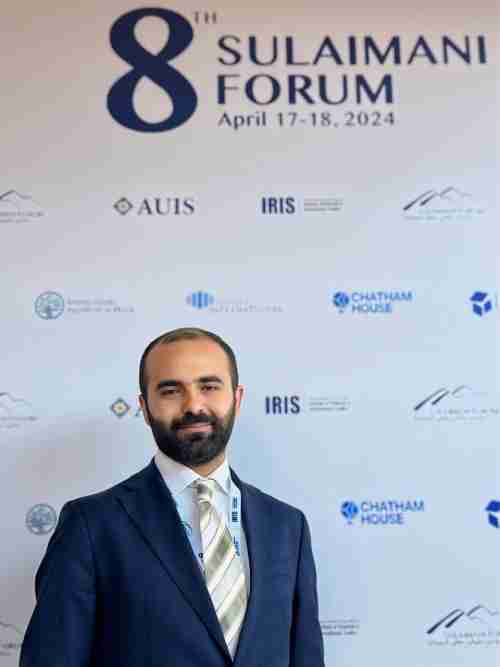
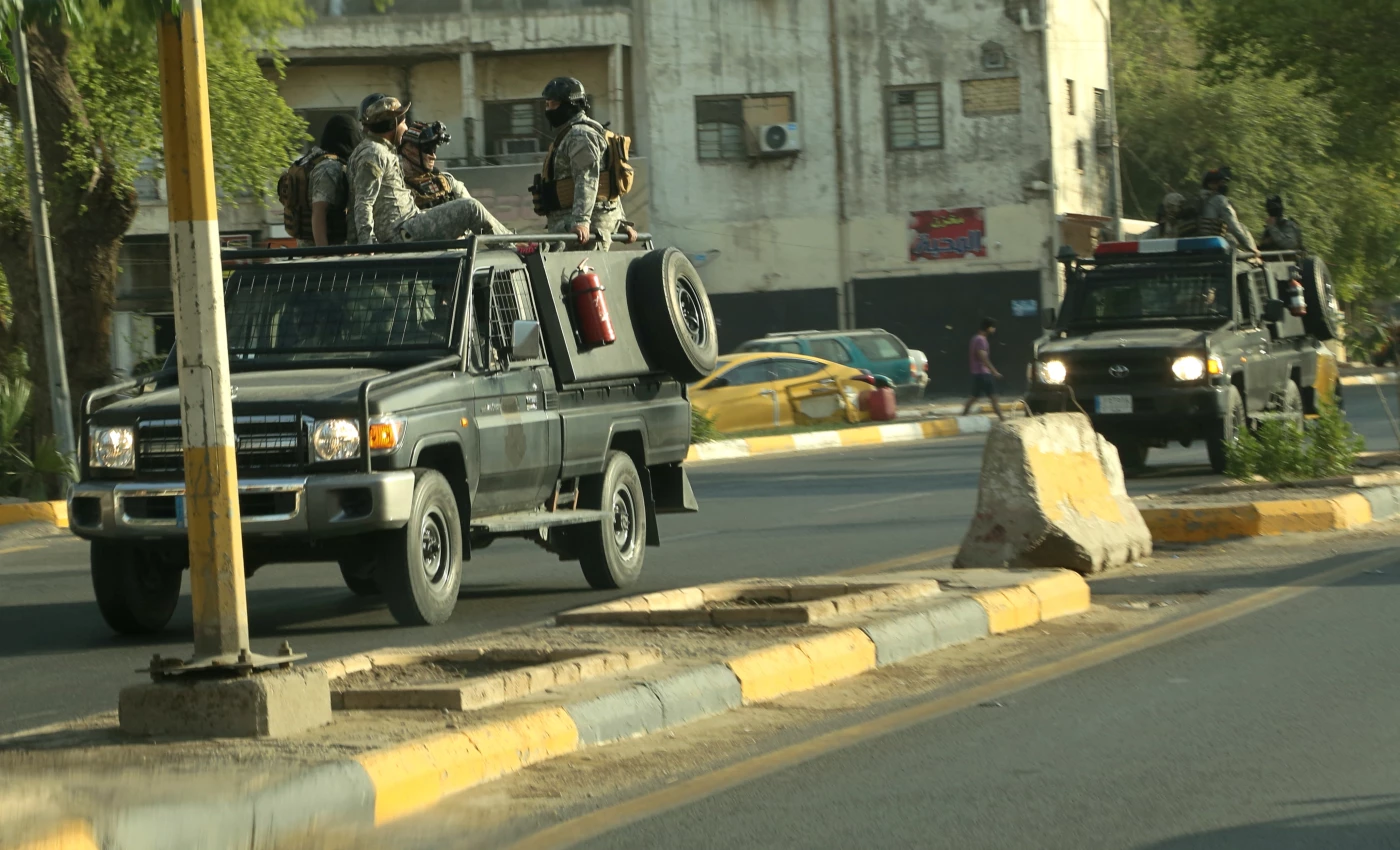
 Facebook
Facebook
 LinkedIn
LinkedIn
 Telegram
Telegram
 X
X
